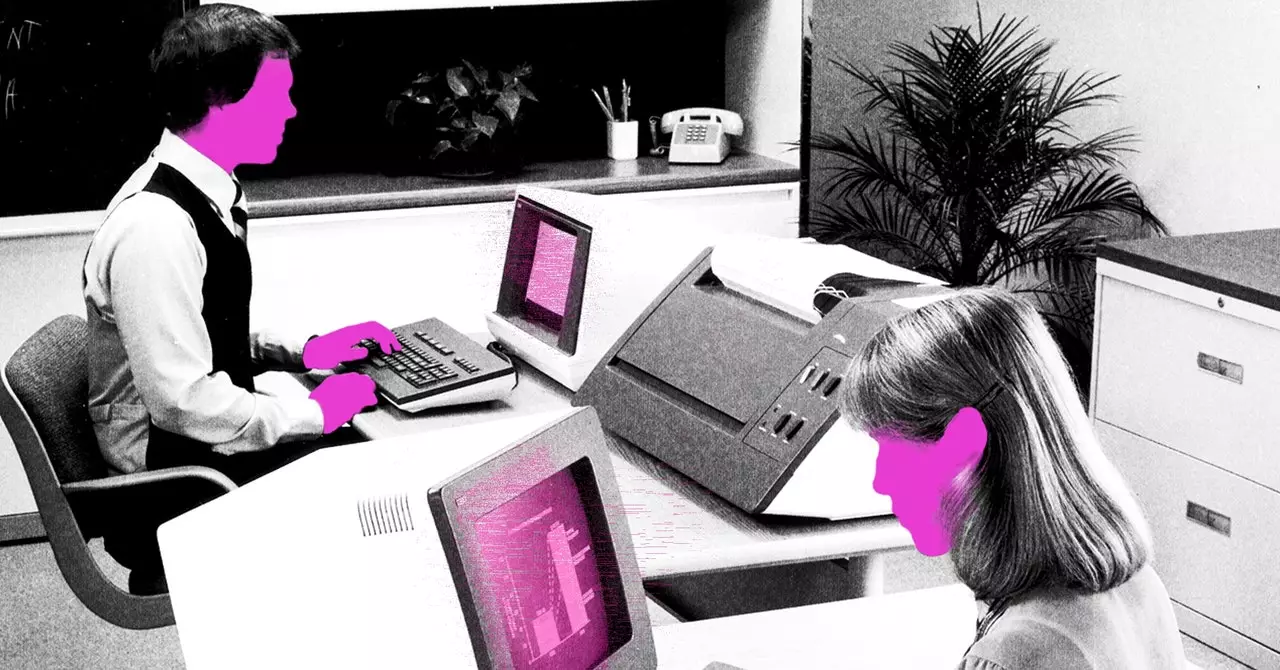Generative artificial intelligence (AI) has rapidly emerged as a focal point in contemporary technological discourse, praised for its potential yet criticized for its substantial limitations. Among the most pressing concerns are issues related to ethical usage, algorithmic bias, and significant resource consumption. As these debates continue, it is vital to scrutinize both the shortcomings and the transformative capabilities of generative AI. By exploring the insights gained from participatory experiences like the one at Sundai Club, we can better contextualize the role of generative AI in shaping future tools and innovations.
My firsthand experience at the monthly Sundai Club meeting—an exciting generative AI hackathon near MIT—underscored the collaborative spirit that fuels creativity in this arena. Sponsored by Æthos, a Cambridge-based nonprofit advocating for ethical AI applications, the environment is rich with diverse talent, featuring students from renowned institutions such as MIT and Harvard, alongside seasoned developers, product managers, and even military personnel. Each session revolves around brainstorming potential projects, which are then refined into actual working prototypes.
During my visit, the focus was on bolstering journalism through generative AI tools. This approach indicates a growing recognition of how technologies can enhance traditional practices while also inciting necessary discussions about the ethical implications inherent in these advancements. Presentations from attendees illustrated a strong commitment to leveraging technology for social good—a critical aspect considering the dark undercurrents that sometimes accompany AI innovations.
One of the standout project ideas during the session involved using multimodal language models to monitor political discourse on platforms such as TikTok, which is increasingly becoming a space for political engagement. Other proposals included automating the generation of freedom of information requests—a task often marred by bureaucratic hurdles—and summarizing video feeds from local court hearings to support community journalism.
After several spirited discussions, the group zeroed in on creating a tool designed to aid journalists in identifying pivotal research papers relevant to artificial intelligence on Arxiv, a repository known for preprint research publications. This decision aligned closely with my professional needs, showcasing the organic nature of collaborative design in understanding real-world challenges faced by journalists in a rapidly advancing tech landscape.
The Sundai Club members set to work tirelessly to bring their vision to life. By employing the OpenAI API, they created a mathematical representation, or word embedding, that encapsulated the meanings of various AI-related papers on Arxiv. This innovation allowed the developers to analyze and correlate research with particular keywords effectively, fostering deeper insights into emerging trends.
They didn’t stop there. By integrating another layer of complexity, they juxtaposed these findings with discussions from Reddit threads and news articles, resulting in a dynamic visualization tool named AI News Hound. The prototype, while still in a rudimentary phase, highlights the remarkable ways large language models can extract and synthesize information. Through visual mappings, users can quickly access pertinent research papers alongside related Reddit discussions and news articles—a boon for any journalist striving to stay informed about AI developments.
The startling potential of tools like AI News Hound illustrates that the future of journalism—indeed, the future of information access—can be greatly enriched by generative AI. However, as we harness such technological advancements, we must remain vigilant against the ethical pitfalls associated with AI. It is imperative that, as stakeholders in this evolving field, we advocate for responsible and equitable practices in developing and deploying AI tools.
Ultimately, while recognizing the existent flaws and challenges within generative AI, events like those held at Sundai Club illuminate a path forward. They foster a collaborative spirit that not only helps to incubate innovative solutions but also cultivates a deeper awareness of the social responsibilities we bear as creators and users of technology. Embracing this duality will be essential as we endeavor to shape a future where AI augments rather than exacerbates existing inequalities.

